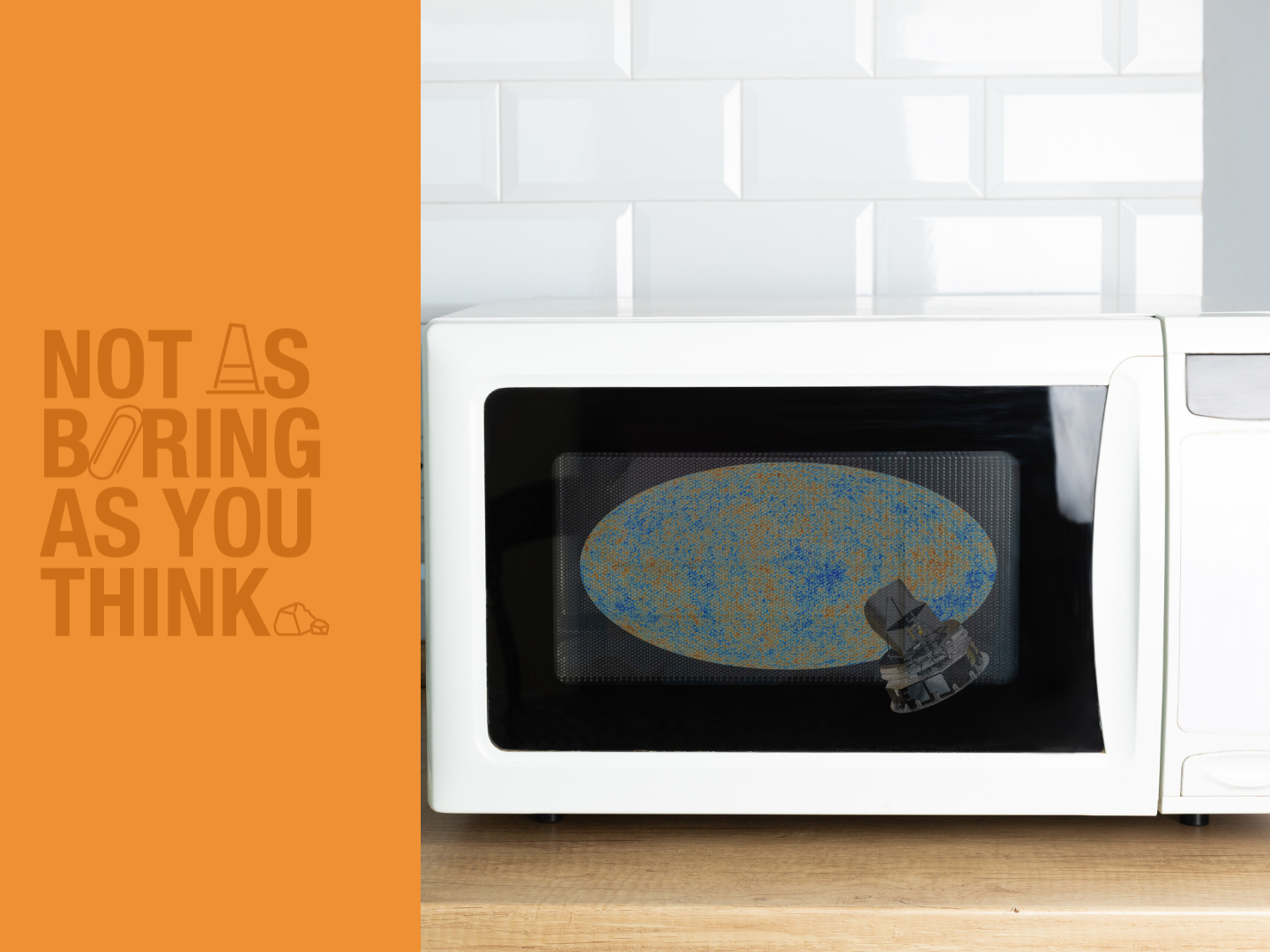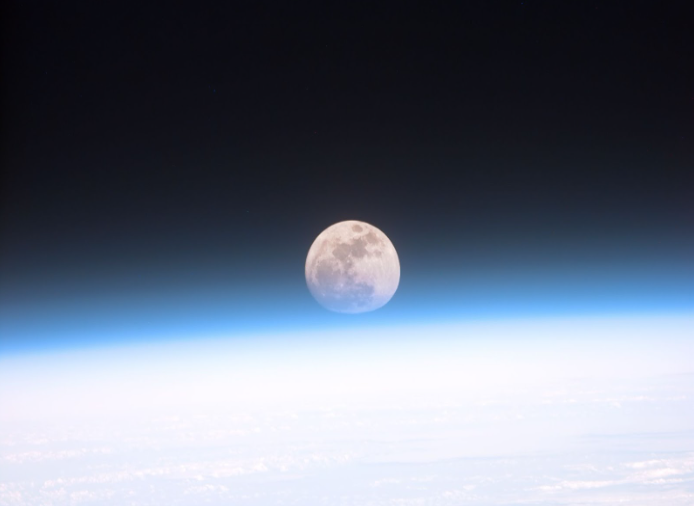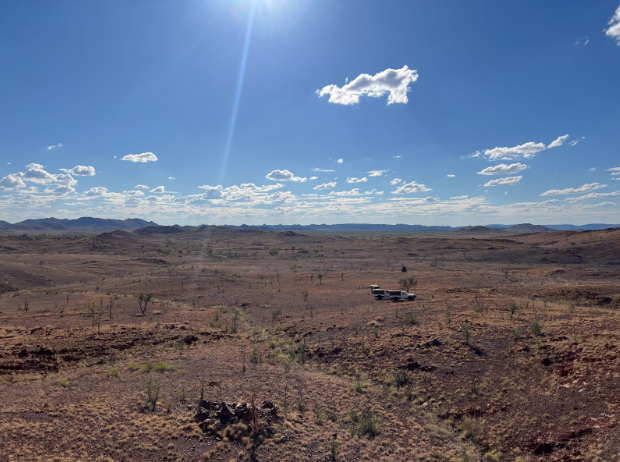The Casual Observer
September continues nan play of Djilba. This is simply a clip of bedewed upwind but a slow alteration into warmer days. Fittingly, nan Spring Equinox is connected September 23, marking nan opening of astronomical spring. From present connected out, it should get warmer arsenic nan days get person expanding amounts of daylight.
The Milky Way still stretches crossed nan entity and makes for bully viewing successful nan evenings. The Southern Birds group, made up of nan constellations Pavo, Phoenix, Grus and Tucana makes for fantabulous viewing successful nan southeastern entity each month.
 Caption: The Southern Birds and nan Milky Way make for awesome viewing during September evenings, pinch Southern Cross for reference.
Caption: The Southern Birds and nan Milky Way make for awesome viewing during September evenings, pinch Southern Cross for reference. Credit: Stellarium
There is simply a tlunar eclipse – a ‘Blood Moon’ this month, though it’s not for nan early sleepers. Beginning astatine 11:30pm connected September 7, nan Moon will be afloat successful Earth’s protector by 1:30am connected September 8 and will beryllium nan unique acheronian reddish colour that gives these eclipses their name. What’s happening is that faint sunlight scattered done Earth’s ambiance is still capable to scope nan Moon, moreover though it is down nan Earth. Due to nan measurement ray scatters done Earth’s atmosphere, only nan reddish ray makes it each nan measurement to nan Moon, resulting successful nan stunning colour change. The Moon will person wholly passed done earth’s protector by 4:30am connected September 8 and nan eclipse is over.
 Caption: A reddish Moon will beryllium visible to those consenting to enactment up to spot it.
Caption: A reddish Moon will beryllium visible to those consenting to enactment up to spot it. Credit: Public Domain
Correspondingly, location is simply a sister partial star eclipse 2 weeks later connected September 22 complete nan South Pacific Ocean, New Zealand and parts of Antarctica. We won’t beryllium capable to spot this from Perth.
Saturn is astatine guidance connected September 21. This intends it is precisely other nan Sun successful nan sky. If you constituent 1 manus astatine nan Sun and nan different manus toward Saturn, you will beryllium pointing successful precisely other directions. The observational consequence of this is that Saturn rises arsenic nan Sun sets and will beryllium up each night. This is nan champion clip of twelvemonth to spot nan ringed satellite successful each its glory arsenic it besides intends we will spot nan satellite look on.
 Caption: Saturn is visible successful nan eastbound entity during September evenings.
Caption: Saturn is visible successful nan eastbound entity during September evenings. Credit: Stellarium
ISS sightings from Perth
The International Space Station passes overhead aggregate times a day. Most of these passes are excessively faint to spot but a mates of notable sightings* are:
| Date, time | Appears | Max Height | Disappears | Magnitude | Duration |
| 1 Sep 6:46 PM | 10° supra SW | 86° | 10° supra NE | -3.8 | 6.5 min |
| 15 Sep 05:39 AM | 10° supra WNW | 57° | 10° supra SE | -3.6 | 6.5 min |
Table: Times and dates to spot nan ISS from Perth
Source: Heavens above, Spot nan Station
*Note: These predictions are only meticulous a fewer days successful advance. Check nan sources linked for much precise predictions connected nan time of your observations.
Moon phases
Full Moon: September 8
Last Quarter: September 14
New Moon: September 22
First Quarter: September 30
Dates of interest
September 7: Total Lunar Eclipse originates precocious evening and continues into greeting of September 8
September 14: 10th day of first discovery of gravitational waves
September 14: Mars adjacent to Spica
September 21: Saturn astatine opposition
September 23: Spring equinox
September 24: Moon adjacent to Mars
Planets to look for
Venus and Jupiter still predominate nan eastbound greeting sky. Jupiter moves higher to nan northeast, while Venus gets little successful nan sky, sinking into nan greeting twilight by nan extremity of nan month. They are joined by nan Moon connected September 18 for a bully viewing.
 Caption: Venus and Jupiter successful nan eastbound greeting entity connected September 18.
Caption: Venus and Jupiter successful nan eastbound greeting entity connected September 18. Credit: Stellarium
Saturn makes for fantabulous viewing each period arsenic its location astatine guidance makes this nan champion clip of twelvemonth to spot it.
Mars hangs successful nan westbound during nan evenings connected its interminable march crossed nan sky. It’s rather faint now astatine astir magnitude 1.6. It has a adjacent brushwood pinch nan brighter prima Spica connected September 14, passing astir 2 degrees from it.
 Image: Mars is adjacent to Spica connected September 14.
Image: Mars is adjacent to Spica connected September 14. Credit: Stellarium
Mercury is mislaid successful nan glare of nan Sun this month and is simply a useless portion of sh*t astatine nan champion of times anyway.
Constellation of nan month
Scutum nan Shield
Scutum is simply a mini constellation – nan 5th smallest of them each – located conscionable northbound of Sagittarius, placing it almost straight overhead during September evenings. Astronomer Johannes Hevelius orginally named it Scutum Sobiescianum after Polish King John III Sobieski (‘The Sheild of Sobieski’) but these days we conscionable retrieve nan first portion of it.
 Caption: Scutum is adjacent to Sagittarius successful nan sky.
Caption: Scutum is adjacent to Sagittarius successful nan sky. Credit: Stellarium.
Scutum is different successful that it straddles portion of nan Milky Way but is still rather faint, pinch nan brightest prima successful its boundaries Alpha Scuti being a miniscule magnitude 3.8. Despite this, successful fact, because it straddles nan Milky Way, it presents nary shortage of astronomical wonders.
Scutum contains nan fascinating but sadly uninspiringly named planetary nebula IC 1295. Despite their name, planetary nebula person thing to do pinch planets. Rather, erstwhile a Sun-like prima dies of aged property it throws disconnected its outer layers of gas, exposing its basking core. The radiation from nan basking halfway of nan now dormant prima ionises nan expelled gas, causing it to glow successful each sorts of beautiful colours, which gives america nan beautiful images successful our telescopes that we telephone planetary nebulae. The sanction comes from nan days of ye olde – planetary nebulae thin to look information successful style done a telescope, conscionable for illustration planets – truthful early astronomers named them thus. We now cognize they person thing to do pinch planets.
 Image: Planetary nebula IC 1295 glows greenish from ionised oxygen.
Image: Planetary nebula IC 1295 glows greenish from ionised oxygen. Credit: ESO
Scutum is besides location to nan prima UY Scuti. This prima is 1 of nan largest known stars successful nan galaxy, an palling 900 times wider than nan Sun, astatine minimum. Coming successful astatine 125,000 times brighter than nan Sun, its aboveground would astir apt widen past Jupiter if we placed it successful our Solar System.

You should really watch this video.
Objects for nan mini telescope
Saturn – The jewel of nan Solar System
The ringed satellite is simply a must spot this month. Rising successful nan early evening arsenic nan Sun sets, it is visible to nan naked oculus arsenic a yellowish blob. A mini scope quickly reveals nan rings and nan noticeable flattening of Saturn astatine its poles arsenic nan planet’s accelerated rotation squashes it out. You mightiness besides spot a mates of its myriad moons. The second half of nan period is nan champion clip for viewing, arsenic Earth’s pesky Moon will beryllium retired of nan way.
 Image: Saturn arsenic it appears during September.
Image: Saturn arsenic it appears during September. Credit: Stellarium
Republish

Republishing our content
We want our stories to beryllium shared and seen by arsenic galore group arsenic possible.
Therefore, unless it says otherwise, copyright connected nan stories connected Particle belongs to Scitech and they are published nether a Creative Commons Attribution-NoDerivatives 4.0 International License.
This allows you to republish our articles online aliases successful people for free. You conscionable request to in installments america and nexus to us, and you can’t edit our worldly aliases waste it separately.
Using nan ‘republish’ fastener connected our website is nan easiest measurement to meet our guidelines.
Guidelines
You cannot edit nan article.
When republishing, you person to in installments our authors, ideally successful nan byline. You person to in installments Particle pinch a nexus backmost to nan original publication connected Particle.
If you’re republishing online, you must usage our pageview counter, nexus to america and see links from our story. Our page position antagonistic is simply a mini pixel-ping (invisible to nan eye) that allows america to cognize erstwhile our contented is republished. It’s a information of our guidelines that you see our counter. If you usage nan ‘republish’ past you’ll seizure our page counter.
If you’re republishing successful print, please email america to fto america truthful we cognize astir it (we get very proud to spot our activity republished) and you must see nan Particle logo adjacent to nan credits. Download logo here.
If you wish to republish each our stories, please interaction america straight to talk this opportunity.
Images
Most of nan images utilized connected Particle are copyright of nan photographer who made them.
It is your work to corroborate that you’re licensed to republish images successful our articles.
Video
All Particle videos tin beryllium accessed done YouTube nether nan Standard YouTube Licence.
The Standard YouTube licence
- This licence is ‘All Rights Reserved’, granting provisions for YouTube to show nan content, and YouTube’s visitors to watercourse nan content. This intends that nan contented whitethorn beryllium streamed from YouTube but specifically forbids downloading, adaptation, and redistribution, isolated from wherever different licensed. When uploading your contented to YouTube it will automatically usage nan Standard YouTube licence. You tin cheque this by clicking connected Advanced Settings and looking astatine nan dropdown container ‘License and authorities ownership’.
- When a personification is uploading a video he has licence options that he tin take from. The first action is “standard YouTube License” which intends that you assistance nan broadcasting authorities to YouTube. This fundamentally intends that your video tin only beryllium accessed from YouTube for watching intent and cannot beryllium reproduced aliases distributed successful immoderate different shape without your consent.
Contact
For much accusation astir utilizing our content, email us: particle@scitech.org.au
Copy this HTML into your CMS
Press Ctrl+C to copy

 2 months ago
2 months ago







:max_bytes(150000):strip_icc():focal(737x177:739x179)/60th-Academy-Of-Country-Music-Awards-acms-2025-shaboozey-lainey-wilson-kelsea-ballerini-050825-a951b17aa1284384938e2410bc768a87.jpg)

 English (US) ·
English (US) ·  Indonesian (ID) ·
Indonesian (ID) ·